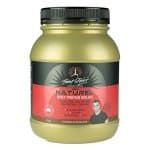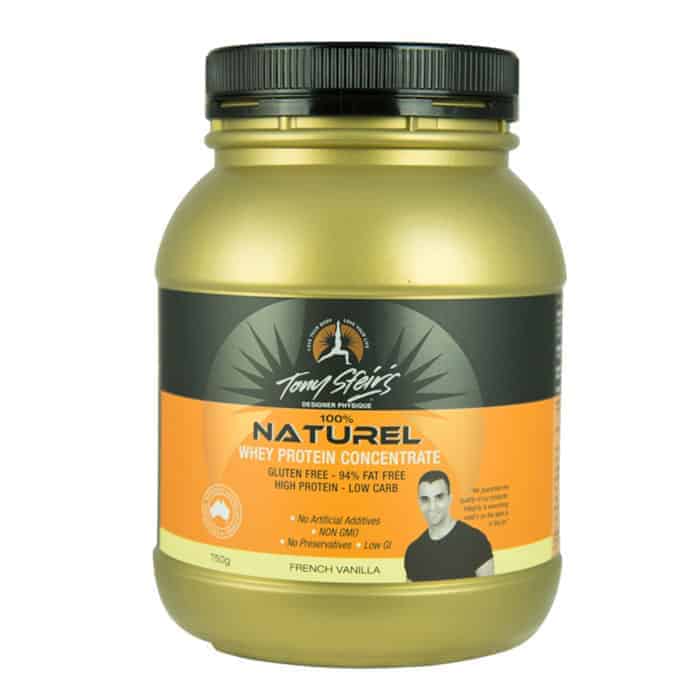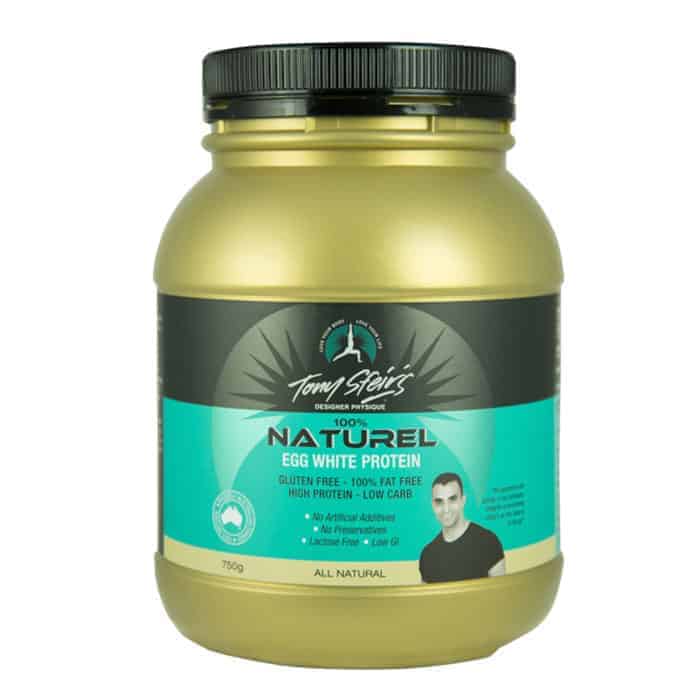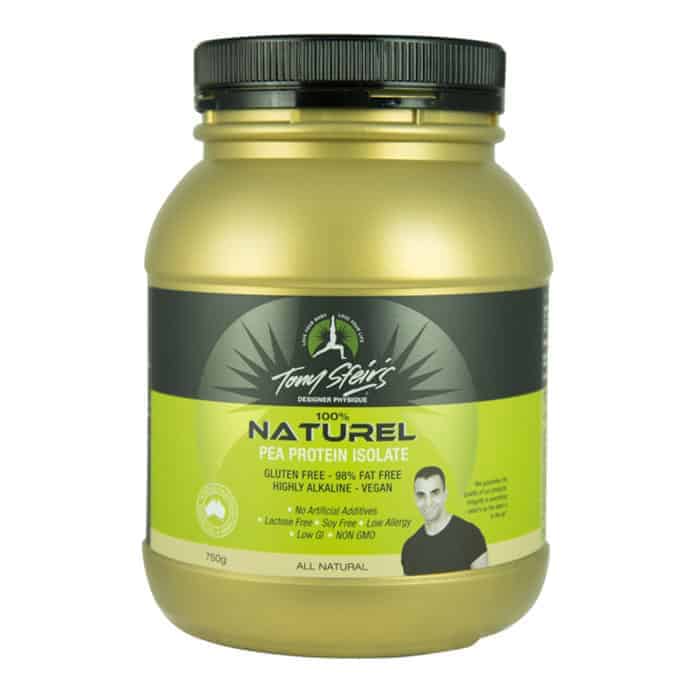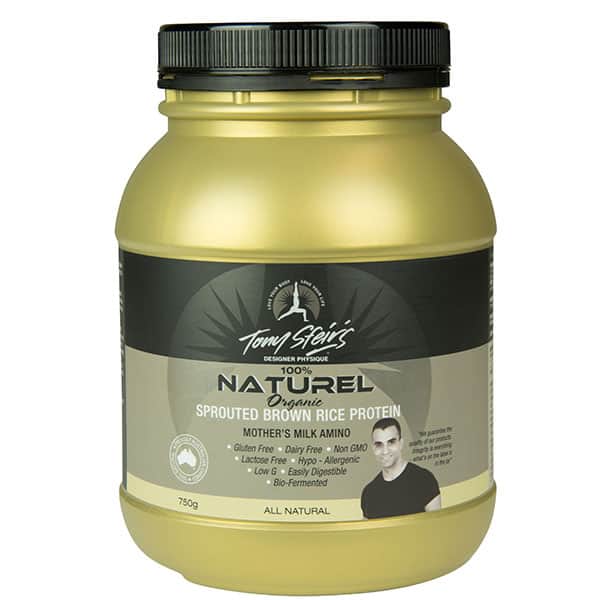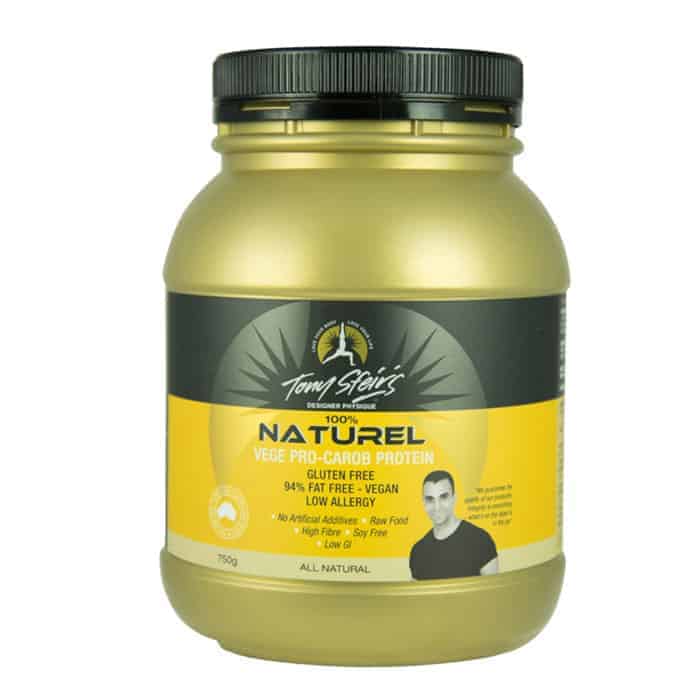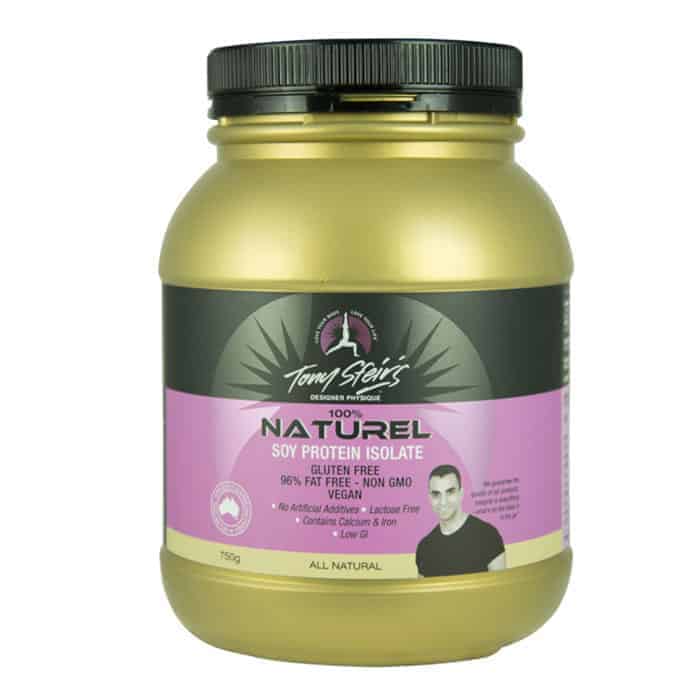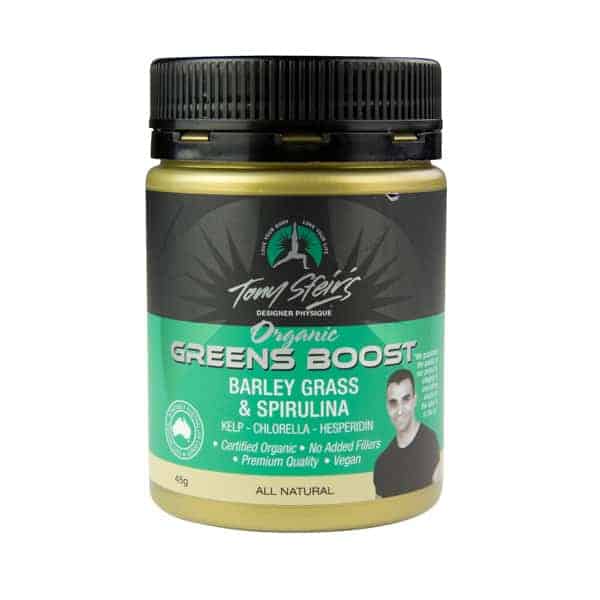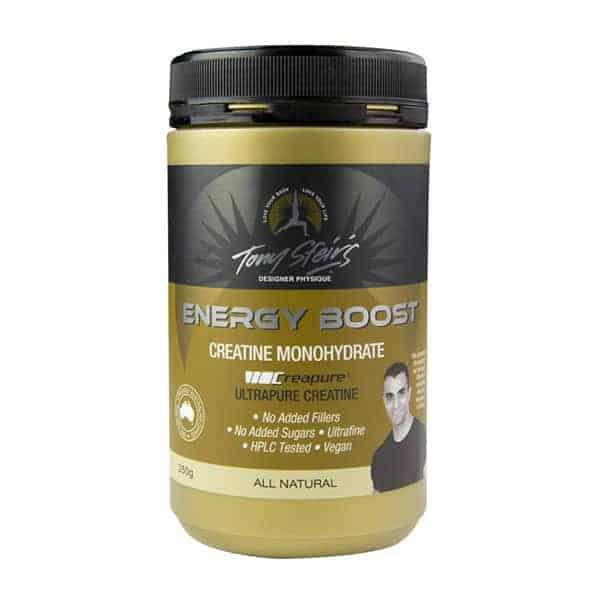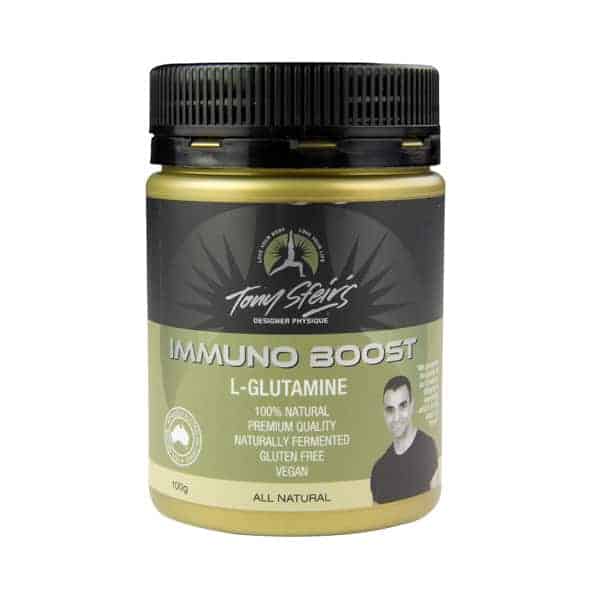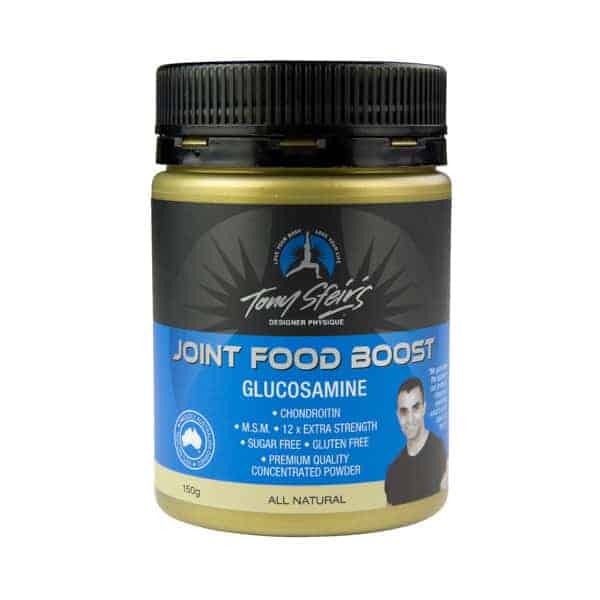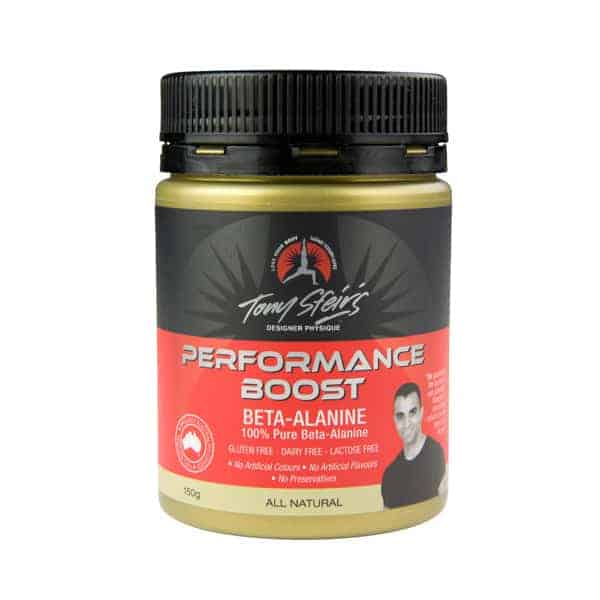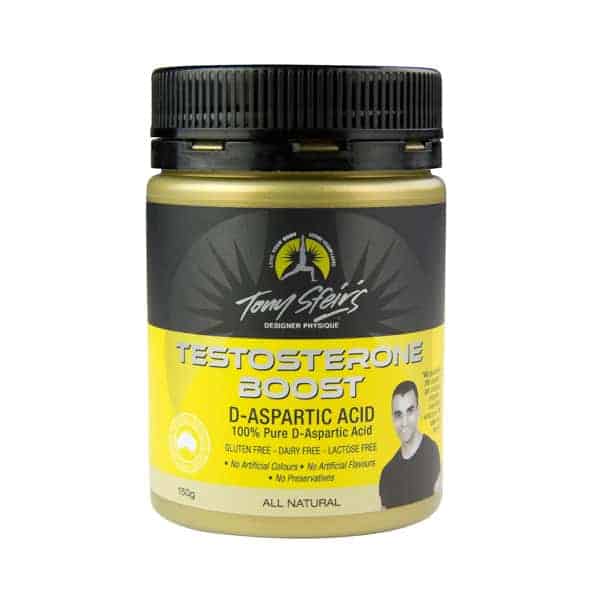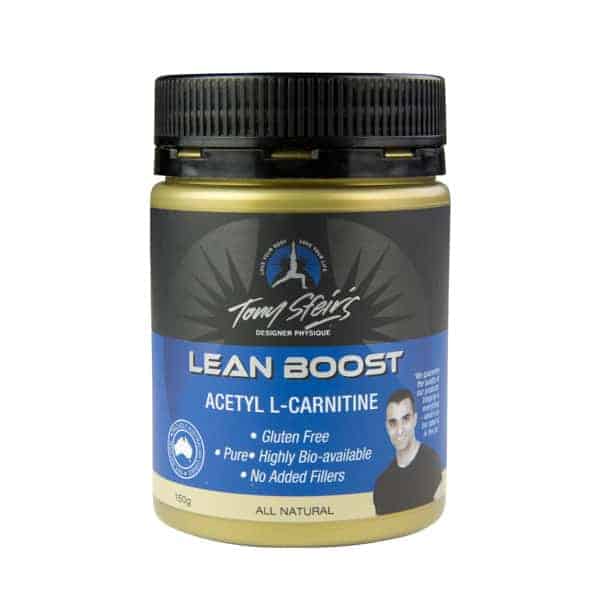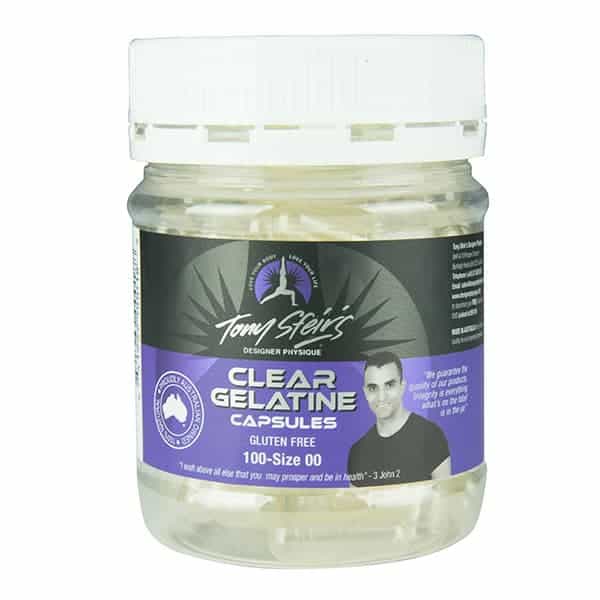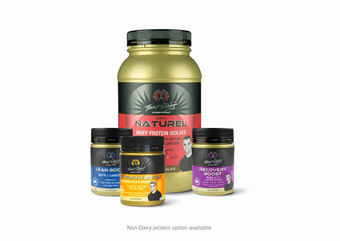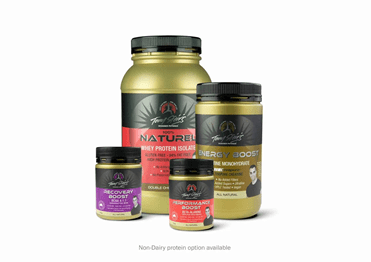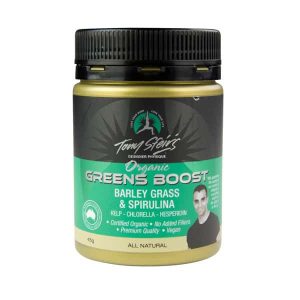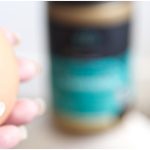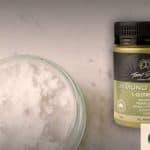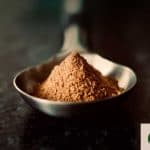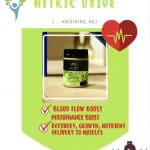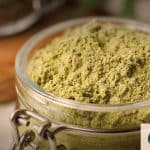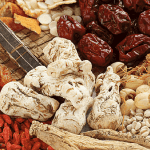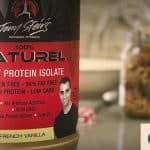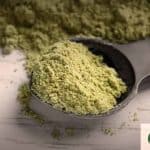What is Testosterone Boost and how does it work blog
Article At A Glance:
|
What is Testosterone Boost and how does it work?
Designer Physique’s Testosterone boost is a D-aspartic acid supplement that naturally promotes testosterone levels to create some pretty great health benefits! There are also many other ways to naturally increase testosterone levels.
What is D-aspartic acid?
D-aspartic acid is an amino acid that exists in the central nervous system and reproductive tissues, it releases hormones (such as luteinizing hormone) in the brain to produce testosterone production (Patel, 2022). In our last blog we discussed how testosterone is a sex hormone needed in both male and female bodies.
What does it do?
D-aspartic acid is most famously known for its ability to increase testosterone levels for both males and females (add link to previous blog as cant link until its live on the website)! This amino acid not only increases testosterone levels but it also increases luteinizing hormones, follicle-stimulating hormones and growth hormones which play big roles in male and female fertility (Topo et al., 2009). There are many wonderful side benefits when testosterone levels increase, for example, it helps to increase energy levels, supports muscle mass, improves body fat composition, cardiovascular health and mental health (Pampillo et al., 2002). On top of this, D-aspartic acid has great benefits for improving mental performance with thinking capability, concentration and memory and lifting your mood with neurotransmitters like many other amino acids including creatine (Energy Boost), glutamine (Immuno Boost), and L-Carnitine (Lean Boost).
How does it work?
Research on animals suggests that D-aspartic acid has several different ways that it can alert testosterone production. In summary it shows that D-aspartic acid either directly acts on Leydig cells (the primary source of testosterone or androgens) or by indirectly acting on hypothalamus-pituitary-testis axis (HPG axis AKA the mechanism primarily responsible for regulating reproductive activity and the release of ovarian hormones). D-aspartic acid also directly influences the pituitary glands (hormone releasing glands), the hypothalamus (section of the brain that releases hormones), androgen receptors and oestrogen receptors (Roshanzamir & Safavi, 2017).
It is able to contribute to improved mood similar to (Carnitine/Creatine/Glutamine) by increasing the level of neurotransmitters in the brain that release hormones such as dopamine and GABA which help to increase the emotions of feeling happy, calm and relaxed (Pampillo et al., 2002). D-aspartic acid helps to send messages to and from the brain quicker by increasing the growth hormone-releasing hormone (GHRH) which is responsible for this. This particular hormone provides us with the capabilities to remember, think and concentrate (D’Aniello et al., 2000).
How can I maximise results?
Some great ways to maximise the benefits from our Testosterone Boost is giving it the ability to thrive in your body, this can be done by:
- Taking Testosterone Boost daily and splitting it into morning and evening doses, it is recommended to take 2000-3000mg per day so 1000-1500mg per dose.
- Cycling D-aspartic acid with 2-3 weeks on and then 1-2 weeks break before repeating again is another effective way to take this supplement for optimum results (Willoughby & Leutholtz 2013).
- Ensuring you are undertaking natural ways to improve testosterone levels such as good sleep and a nutritious and balanced diet rich in protein, good fats, carbohydrates, fruit and vegetables.
- Looking after your mental health in all aspects from mindfulness to supporting your gut brain axis and reducing stress and anxiety.
Now you’ve got the download on D-aspartic acid..
After reading everything you need to know about D-aspartic acid, the real question left is why aren’t you taking Testosterone Boost already? If there’s any questions we haven’t answered about D-aspartic acid and why boosting your testosterone levels are beneficial, get in touch today, our team is here to support you and your health journey!
References
D’Aniello, A., Di Fiore, M. M., Fisher, G. H., Milone, A., Seleni, A., D’Aniello, S., Perna, A. F., & Ingrosso, D. (2000). Occurrence of D-aspartic acid and N-methyl-D-aspartic acid in rat neuroendocrine tissues and their role in the modulation of luteinizing hormone and growth hormone release. FASEB journal : official publication of the Federation of American Societies for Experimental Biology, 14(5), 699–714. https://doi.org/10.1096/fasebj.14.5.699
Pampillo, M., Scimonelli, T., Bottino, M. C., Duvilanski, B. H., Rettori, V., Seilicovich, A., & Lasaga, M. (2002). The effect of D-aspartate on luteinizing hormone-releasing hormone, alpha-melanocyte-stimulating hormone, GABA and dopamine release. Neuroreport, 13(17), 2341–2344. https://doi.org/10.1097/00001756-200212030-00034
Patel, K. (2022). D-aspartic Acid, Examine. Accessed on 11/11/2022, https://examine.com/supplements/d-aspartic-acid/
Roshanzamir, F., & Safavi, S. M. (2017). The putative effects of D-Aspartic acid on blood testosterone levels: A systematic review. International journal of reproductive biomedicine, 15(1), 1–10.
Topo, E., Soricelli, A., D’Aniello, A., Ronsini, S., & D’Aniello, G. (2009). The role and molecular mechanism of D-aspartic acid in the release and synthesis of LH and testosterone in humans and rats. Reproductive biology and endocrinology : RB&E, 7, 120. https://doi.org/10.1186/1477-7827-7-120
Willoughby, D. S., & Leutholtz, B. (2013). d-Aspartic acid supplementation combined with 28 days of heavy resistance training has no effect on body composition, muscle strength, and serum hormones associated with the hypothalamo-pituitary-gonadal axis in resistance-trained men. Nutrition Research, 33(10), 803-810.

